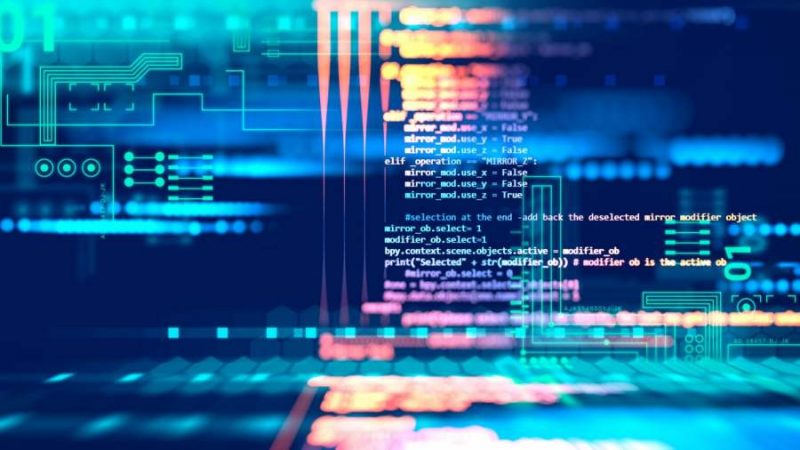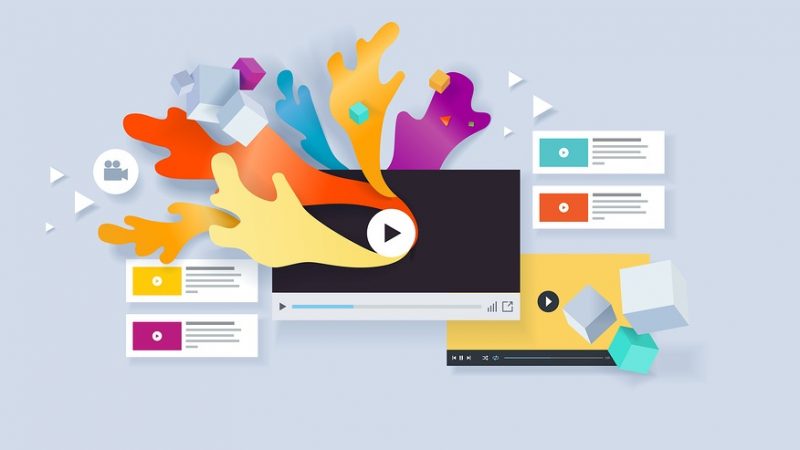Decisions in the Air: The Coin-Flip Paradigm
Every day we’re faced with decisions—some as mundane as choosing what to eat for breakfast, others as life-changing as selecting a career path or committing to a partner. But what happens when we find ourselves at a crossroads, unable to decide? The coin—with its unassuming glimmer and simple design—transforms into a vessel of fate. Indeed, to flip a coin is to entrust a binary choice to the whims of physics and chance, a practice as old as currency itself.
Probability and the Flipped Coin
Now, let’s breeze through some of the maths that makes flipping a coin so intriguing. The law of probability tells us that a fair coin has a 50/50 chance to land on either side, representing the perfect embodiment of random chance. But is it really as unbiased as we trust it to be? The science of physics might argue that there are slight nuances in how one flips the coin—such as the force exerted, the angle at which it’s flipped, and air resistance—all of which subtly influence the outcome. Yet, for the sake of simplicity and the human need for an arbiter unswayed by emotion or logic, we often overlook these complexities. The 50/50 myth persists because it offers a semblance of fairness and destiny wrapped into one flick of the thumb.
The Impact of Chance on Decision Making
When a decision is left to chance, there’s a democratising effect at play. In freeing ourselves from the weight of choice, we’re willing to lean into the randomness of fate. A coin toss can sever our ties to the expectation of control and, interestingly, can equalise the decisions we make. It strips away biases and presents a sort of freedom that deliberation sometimes fails to offer.
But the outcome of a coin toss can have larger implications when used in lieu of well-considered decision-making. Leaders faced with a dilemma may resort to flipping a coin as a public way to suggest that the resulting decision is made fairly—even when the stakes are high. This can be both liberating and limiting. The thrill of unpredictability and fairness can quickly turn to incredulity if crucial decisions are perceived to be made by surrendering to randomness.
The Role of Superstition and Ritual
Furthermore, besides being a convenient decision-making tool, flipping a coin carries with it a kind of ritualistic significance. People often imbue the event with superstition—a lucky coin, a specific catching method, or the belief that the universe will ‘tell’ them the right choice. It can be a premise for feeling connected to a grander cosmic will, or a way to add excitement to the mundane.
Superstitions can also provide comfort in uncertain times. When we flip a coin, we might believe we’re putting our trust into something greater, out of our hands. This act of reliance on chance can instil a sense of hope, a belief that luck or fate is smiling on us in that moment of decision.
Coin Flipping in Modern Life
In our modern lives, the tradition of flipping a coin endures beyond just making decisions. It’s merged with technology, too—various websites and apps exist solely to mimic this act, making “flipping a coin” accessible with a tap or a click. Apps that simulate coin tosses serve up the same heads-or-tails results without a physical coin in your pocket. They can break a tie where a real coin isn’t handy, be a teaching tool about probabilities, or just infiltrate a bit of chance into your day-to-day choices.
Moreover, the virtual coin flip has made its way into more than our pockets—it’s fanned out into pop culture and game design, providing a playful tool for randomness where the outcome can change narratives in games or stories in novels. Random decision-makers in the form of simple coin flips are found in role-playing games and have inspired game mechanics where the flip can take you on divergent paths.
Decision-Making in Groups: Coin Flip as a Social Device
The coin toss isn’t just a personal affair; it’s a social mediator, too. When a group can’t decide or when there’s a deadlock—in contexts as different as where to picnic or who should take the lead on a project—flipping a coin can seem like the optimal solution to break the impasse. It reframes a potential conflict into an agreed-upon chance outcome, granting a collective acceptance of the result.
Groups might also use a coin flip as a fairness protocol. By agreeing to let chance dictate the outcome, every party has an equal opportunity to ‘win’ or ‘lose,’ which can mitigate feelings of bias or resentment that might arise from a more subjective decision-making process. This can be vital in situations where shared responsibility and trust are paramount.
Reflecting on Our Choices After the Flip
A curious facet of The flip a coin is what happens in the aftermath. Once the coin lands, the outcome can lead to instant reflection. A feeling of relief might suggest that this was the direction you were hoping for deep down, while disappointment might hint that your true desire contrasts with the revealed side of the coin. This immediate emotional reaction can be telling—it’s an introspective look at your gut instincts and natural leanings.
Asking ‘why’ after a coin lands on heads or tails can lead to profound insights into personal priorities and values. If we note a persistent pattern of satisfaction or discomfort with the randomness the coin proposes, perhaps we start to decode a hidden hierarchy of preferences that we hadn’t consciously acknowledged before.






